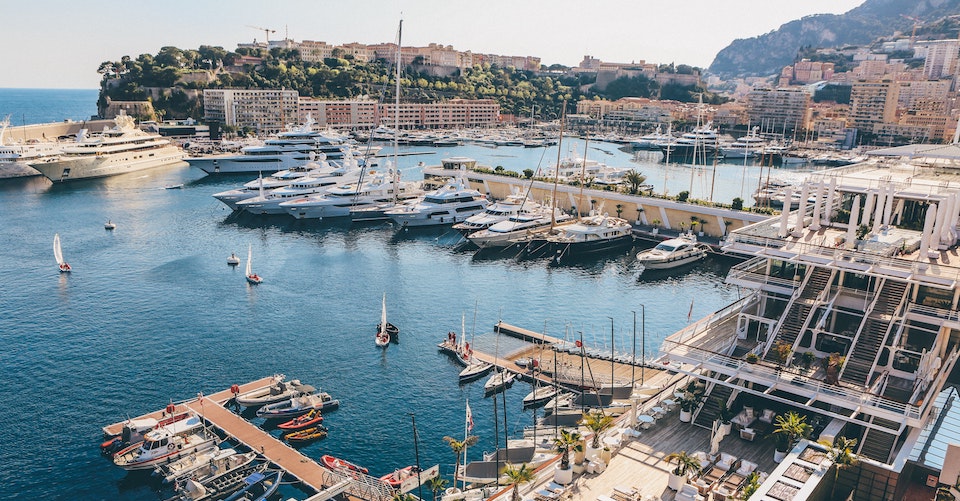Unlocking the potential of Ports and Harbours in preventing and reducing the effects of Marine Litter September 14, 2021, CNR ISMAR in Venice and online
This workshop looks at the most promising R&I solutions undertaken, as well as the policy instruments implemented, in the management and valorization of plastic litter in Ports/Harbours and their hinterland at Mediterranean level. The aim of the event is to identify gaps and bottlenecks to be overcome for an effective prevention and mitigation from the impact of marine litter across the whole basin.
Harbours and Marinas, that are among the heavily affected areas by the effects of marine litter, could play a strategic role in the remediation and prevention process from plastic pollution in the long term. Indeed, they act as catalysts for stakeholders across the plastic value chain by favoring the connection and collaboration among the shipping and fisheries sectors, encouraging the availability and adequacy of port reception facilities, as well as the conversion of waste – such as fishing gears – into valuable materials.
To date, relevant examples are available on how R&I based technologies – and their application through the whole value chain – can support prevention and reduction of the effects of plastic pollution on the marine environment. On the one hand, many gaps for the implementation of solutions still need to be identified and specifically addressed to build a systemic strategy from global to local scale. In addition, the fragmentation of the information available about remediation technologies, alternatives, solution’s design and business models, leaves policymakers, innovators – as well as researchers – without a comprehensive and robust reference tool to target the plastic global problem. The BlueMed “Pilot Action on a Healthy Plastic Free Mediterranean Sea” promotes relevant actions and set the scene for discussion at Mediterranean level to apply best practices for the prevention and reduction of marine plastic litter, so that as many countries as possible can benefit from such experiences, and if they so want adapt solutions to their local needs.
WORkshop Agenda
Find the final agenda here ![]()
materials

Info:
Although the workshop is planned to be organised in person, a digital connection modality will be activated during the event. In person access will be restricted to a limited number of participants, due to the reduced seats availability caused by COVID-19 Italian limitations.
The course is co-organised by the BlueMed GSO Working Group with the support of the European Commission and of the National Research Council of Italy, in collaboration with Federpesca and Cepesca in the frame of the Bluemed Pilot for a Healthy, Plastic free Mediterranean Sea.
Organisational support is provided by VO Communication group.
For any information, please contact: healthy.mediterranean@vo-europe.eu.
Venue, accommodation and digital participation
The event will take place at CNR-ISMAR, Arsenale – Tesa 104, Castello 2737/F, 30122 Venezia, Italy
Registration
Registration is now closed.
